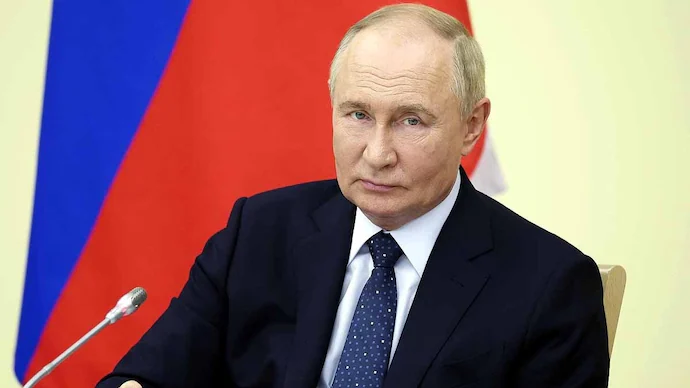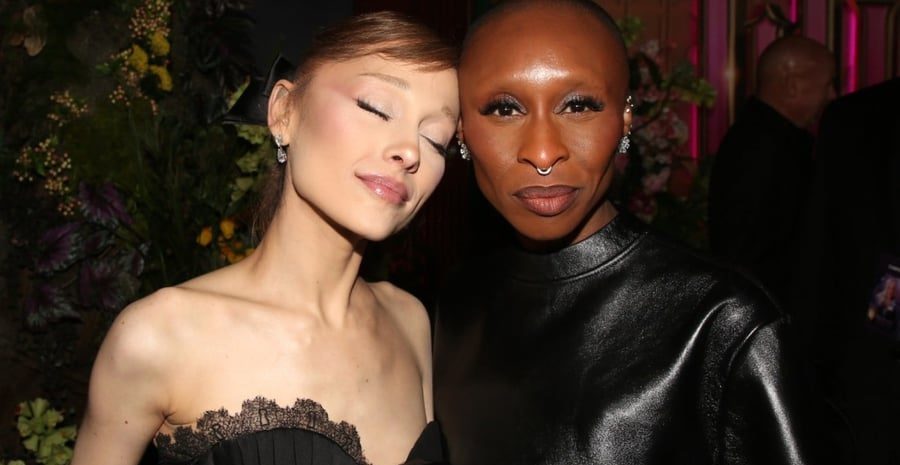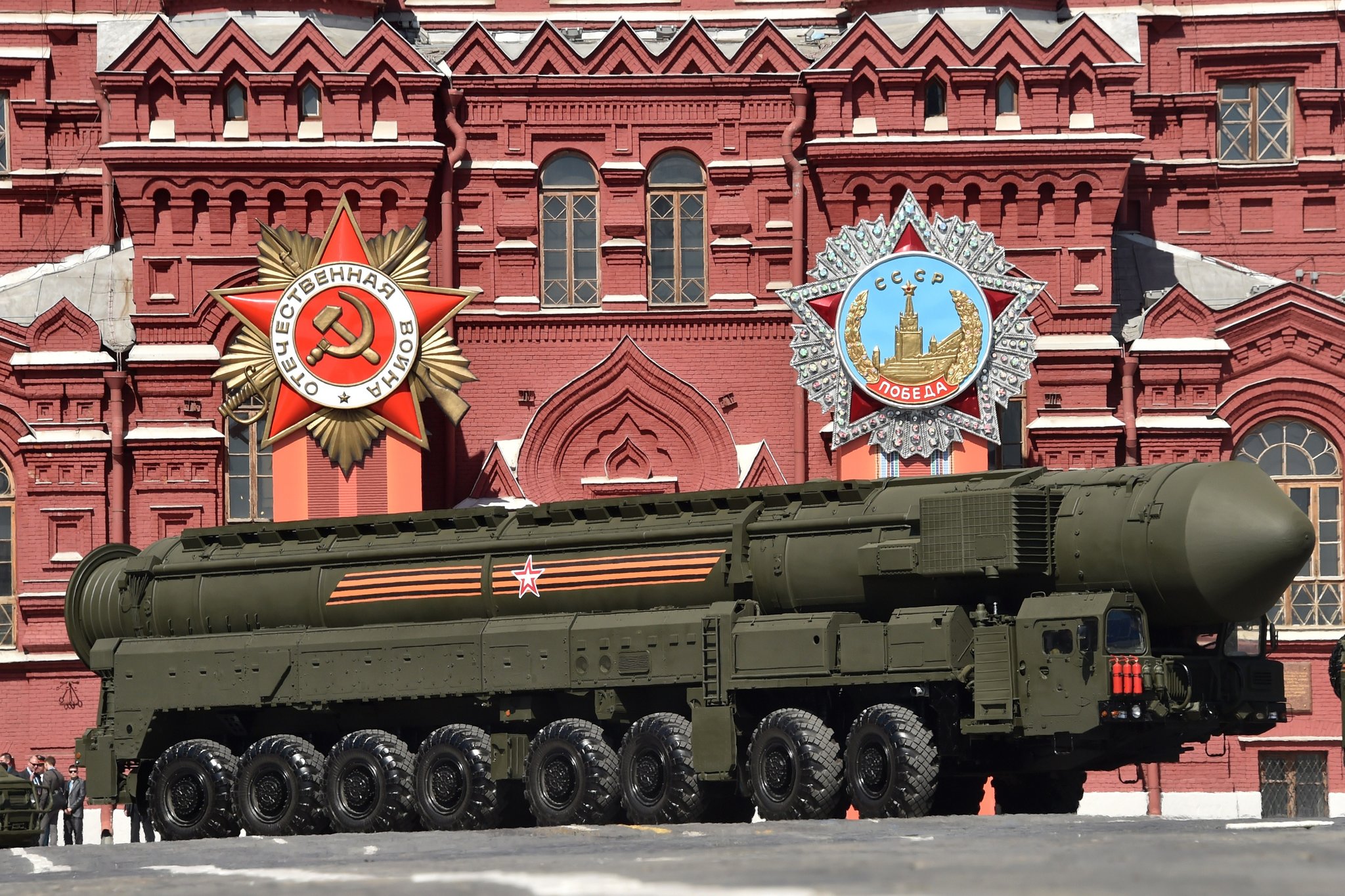EU’S TOP DIPLOMAT CALLS POSSIBLE PUTIN VISIT TO HUNGARY “NOT NICE,” TESTING EU UNITY

What the remark signals for the bloc
The European Union’s foreign policy chief said a potential visit by Vladimir Putin to Hungary would be “not nice,” a pointed phrase that underscores the bloc’s rifts over Russia policy. The comment comes as Budapest keeps channels open with Moscow while most EU capitals tighten sanctions and limit high-level contact. Diplomats say the optics of an EU leader hosting a wanted man—Putin faces an International Criminal Court warrant—could complicate coordination on Ukraine aid and future sanctions packages. Brussels has little leverage over bilateral visits but can exert pressure through budget negotiations and votes that require unanimity.
How Budapest frames its room to maneuver
Hungarian officials argue engagement is pragmatic and focused on energy security, nuclear cooperation, and prisoner exchanges. They also note that the ICC warrant does not bind Hungary in ways that would block informal interactions short of an official state visit. Other members counter that any red-carpet moment would hand the Kremlin a propaganda win. Analysts say the bigger risk is precedent: if one capital normalizes photo-ops with sanctioned leaders, the EU’s collective posture weakens. Expect tough language in Council corridors and quiet bargaining over files Hungary values—funds, industrial projects, and migration deals—if the visit moves ahead.





















